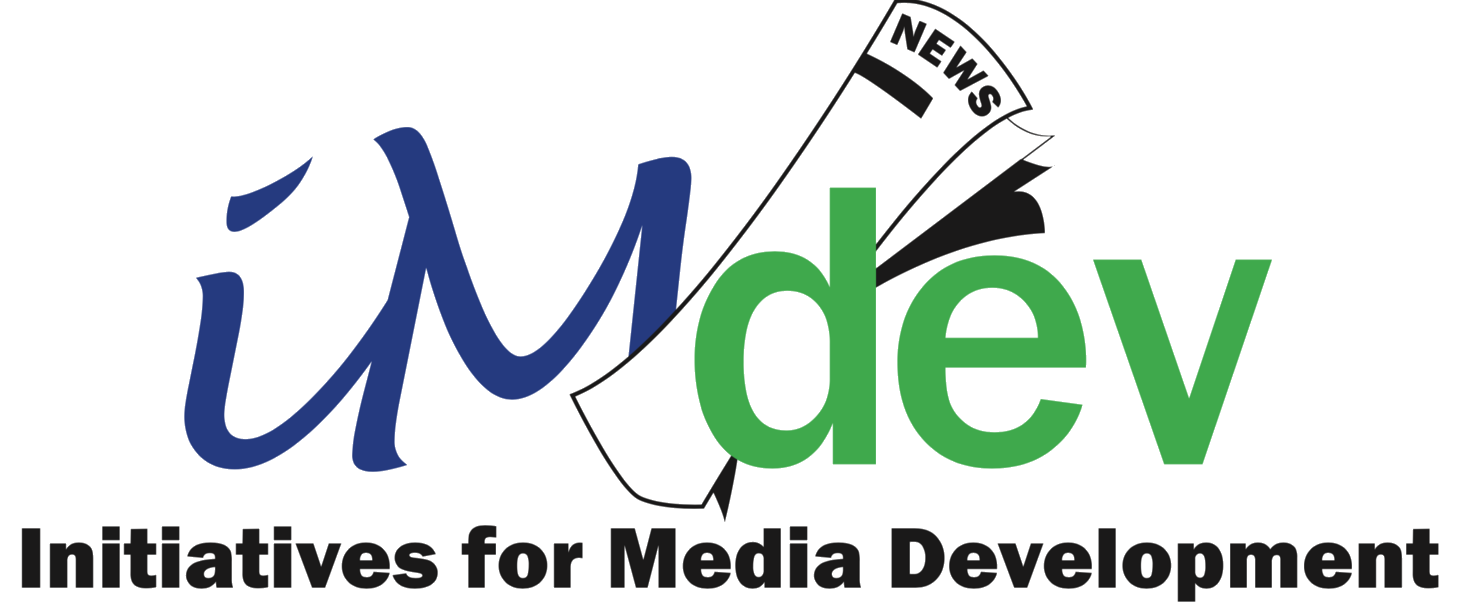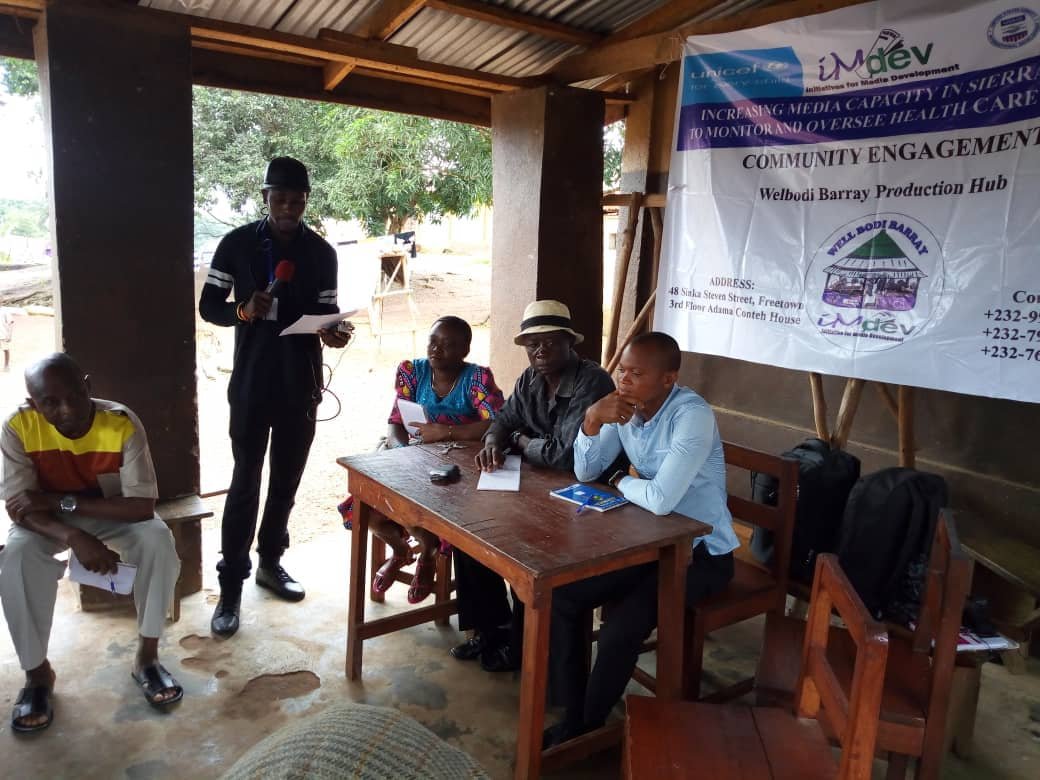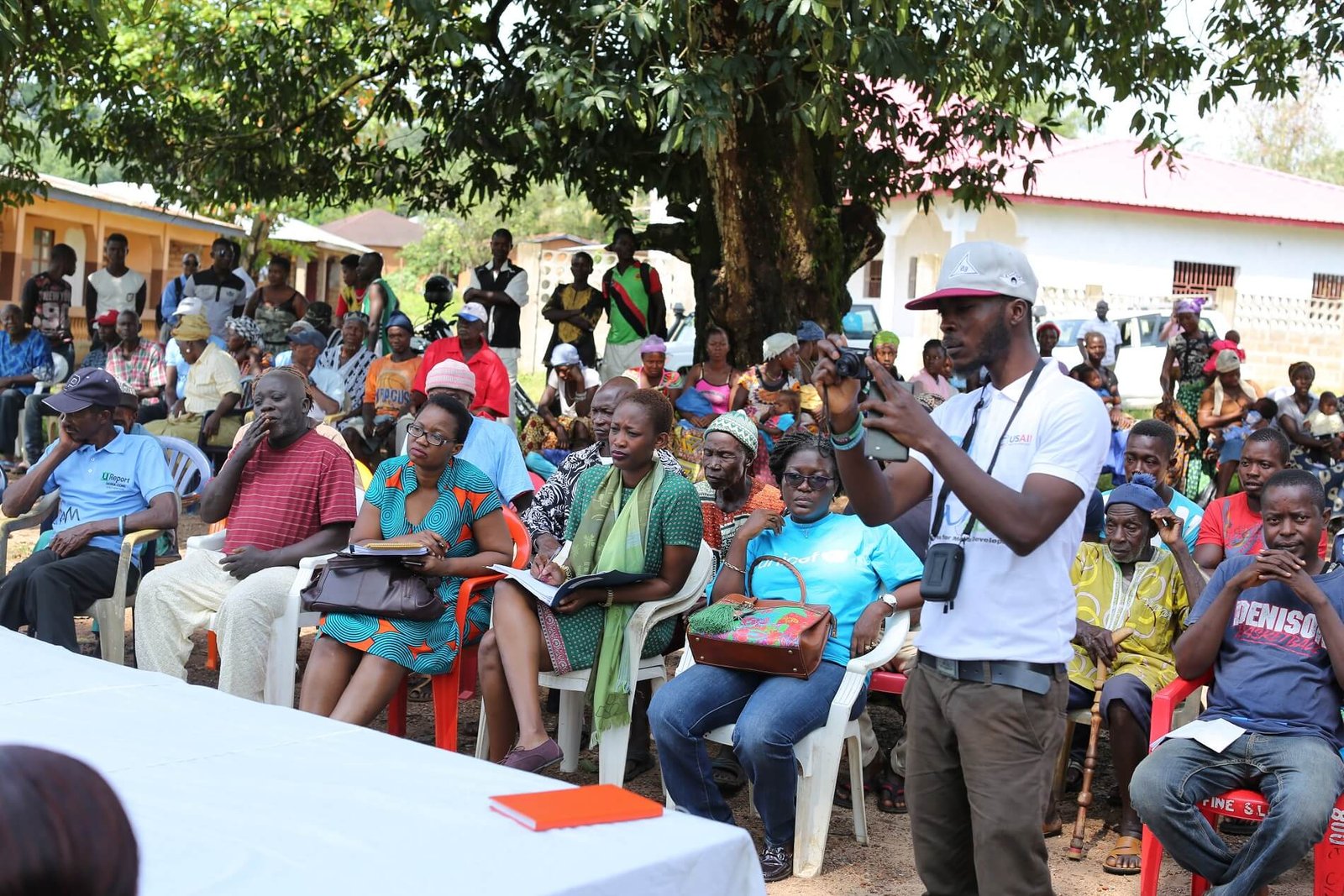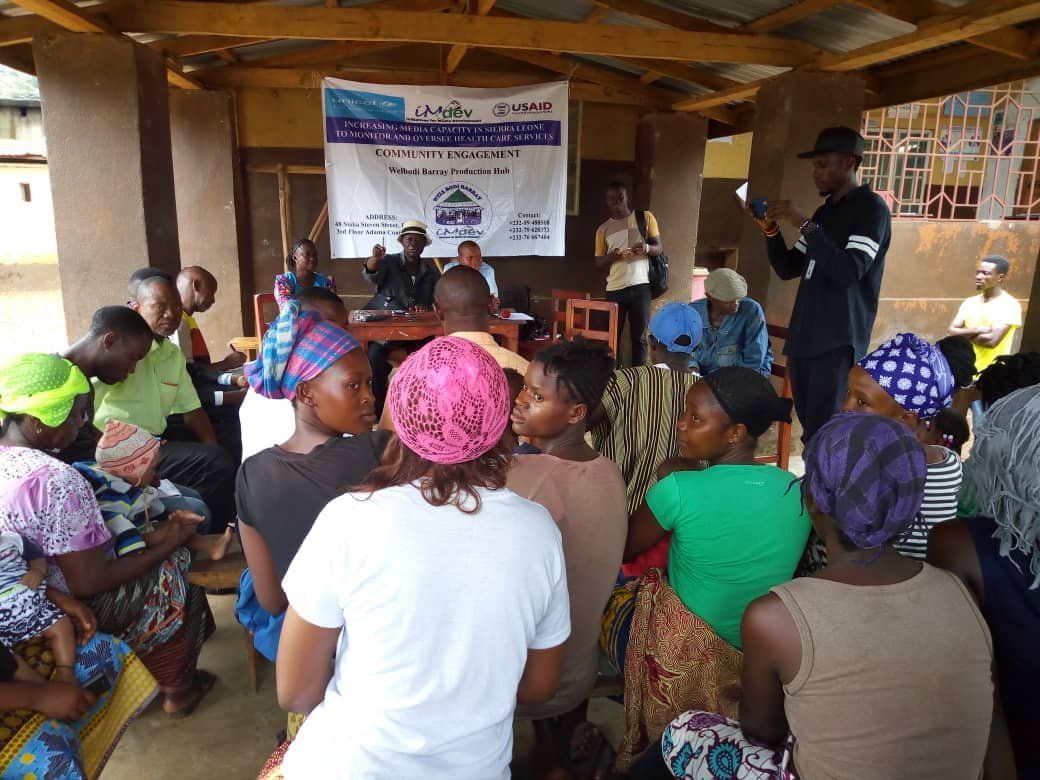About us
Established in 2014, The Initiatives for Media Development (IMdev) is a prominent entity in Sierra Leone's media sphere, championing ethical journalism and advocating for human rights, gender equality, and journalistic excellence. With a steadfast commitment to nurturing a robust and independent media landscape, IMdev strategically implements interventions spanning five and ten-year periods, cultivating a dedicated cohort of journalists who prioritize the promotion of human and women's rights.
Through training initiatives and a focus on sustainability, IMdev operates across all 16 districts of Sierra Leone, engaging 3.1 million Sierra Leoneans weekly through impactful collaborations, all while upholding a steadfast commitment to professionalism and non-partisanship.
More About us
Registered with key regulatory bodies and actively engaged in formal partnerships, IMdev is a trusted player in information, communications, and advocacy, exemplified by its biannual Service Level Agreements with the Ministry of Information and Civic Education.
Since its inception in 2014, IMdev has carved a niche as one of
the select local media development organizations operating within Sierra Leone.
Leveraging the media multiplier effect, IMdev strategically collaborates with
carefully chosen local media partners, catalyzing transformative shifts not
only in journalistic practices but also in public perception and understanding
of critical issues. With a focus on building strategic networks and fostering
local support from media entities, IMdev has effectively positioned itself as a
trusted stakeholder, amplifying its impact and extending its reach across
diverse communities.
Mission Statement
The Initiatives for Media Development (IMdev) is dedicated to building a vibrant and independent media sector in Sierra Leone. Through strategic partnerships, capacity-building initiatives, and advocacy efforts, we empower journalists and media organizations to uphold ethical standards, prioritize human rights and gender issues, and excel in impactful reporting. Our mission is to cultivate a media landscape that champions transparency, accountability, and social justice, driving forward the country's progress towards a more equitable and democratic society.
Vision
At The Initiatives for Media Development (IMdev), we envision a Sierra Leone with a thriving, independent, and ethical media sector that serves as a pillar of democracy, fostering informed citizenship and amplifying voices for positive societal change.
Vision 2024-2030
At The Initiatives for Media Development (IMdev), our short term vision for the next six years is to spearhead a transformative era in Sierra Leone's media landscape, where media visibility projects become powerful tools for societal progress. By 2030, we envision a media sector that serves as a catalyst for sustainable development, actively supporting the government and other organizations in achieving the Sustainable Development Goals. Through our commitment to enhancing access to information and promoting media literacy, we aim to empower all citizens to critically engage with media content, fostering a more informed and inclusive society. With a focus on transparency, accountability, and ethical reporting, we strive to elevate the role of media as a driver of positive change, shaping a future where every voice is heard, and every story matters.
Approach
Our interventions are designed to leave behind a talent pool of journalists whose work foregrounds human rights and women’s rights, while holding those responsible to protect those rights to account through:
- Training
- Mentoring
- Collaboration
- Community Engagement
- Media Partnerships
- Promoting Rights
- Building a community of media influencers
Strategic Objectives
Currently IMdev is applying indicators of success across all of its programming. These indicators include:
- Building more sustainable business models for media.
- A network/association of journalists that will provide support to journalists to continue to report on human rights related issues.
- A contingent of local trainers to ensure continuing local mentorship.
- Partnership with a university with curriculum that will prepare future journalists to be able to report on human rights and good governance issues.
Download 2020 - 2025 Strategic Objectives:
- Increasing Media Independence;
- Gender and Social Justice Issues;
- Human Rights Education;
- Conflict Sensitive Approaches to Media Reporting, with emphasis on Gender-Based Violence issues.
- Increased Media Information Literacy
Our Values
At the core of our mission is a steadfast commitment to a set of values that guide our work and define our organization's identity. These values serve as the foundation upon which we build a community of dedicated individuals working towards a shared vision. Embodying these principles, we strive to make a meaningful impact on the world and contribute to positive change. Our values are:
Ethical
We are passionate, go the extra mile, responsive, have a strong work ethic, are consistent and accessible.
Innovative
Future forward, thought leadership, open, dynamic, moving with the times, receptive to new ideas.
Responsibility
We hold each other accountable for delivering the IMdev promise and encourage accountability and decision making at all levels.
Equity
Treat all persons with fairness and impartiality including IMdev staff, partners, and other stakeholders.
Inclusivity
Encourage diversity and work to ensure that all IMdev staff, stakeholders, and beneficiaries are able to use their voice, participate in decision-making, and are not discriminated against in any way.
Strategic Objective 1: Increasing Media Independence
One of the identified challenges for media development is the independence of media – this means the ability for media owners to become economically self-sufficient and be able to invest in their outlet, staff and high quality reporting.
Activities to achieve this objective
- Business training for senior media managers and media outlet proprietors.
- Training on Media Code of Practice and creating ways for increased access/knowledge of code of practice.
- Conflict management sessions between journalists and senior media management (creating spaces for understanding and team building).
- In-house training; including daily tasks such as administration training.
- Focusing on strengthening network of community radio stations to increase independence/sustainability.
- Training for journalists organization about how to represent the needs of journalists and enter into talks with media management/proprietors.
Strategic Objective 2: Increased Emphasis On Gender And Social Justice Issues
As an action-oriented human rights NGO, IMDEV believes successful gender programming includes both women and men. As such, IMDEV emphasizes training reporters on gender and social justice issues regardless of their sex. However, given increasing rates of gender-based violence in some areas of Sierra Leone, and the proven success of our mentorship model when focused on women journalists, we believe there is a need to strengthen the existing emphasis on these issues with a focus on GBV coverage and mentorship of female reporters into positions of authority in their newsrooms
Activities to build on this success
- Practical training and direct mentorship of women journalists on coverage of GBV and other gender-related issues.
- Field reporting trips addressing GBV issues.
- More community forums to bring other stakeholders outside of the media into the discussion of gender and social justice issues.
- More training about laws governing gender and GBV issues, and how they should be enforced.
- Continuing investigative fellowships on gender issues.
- Sensitization to different networks of media professionals.
- Exchange programs (both international and domestic).
- Targeting non traditional groups, such as the vendors association.
- Gender sensitivity training in newsrooms.
Strategic Objective 3: Increased Human Rights Awareness Through Human Rights Education.
The core of IMDEV’s programming is to create human rights awareness through balanced and strengthened media. This goal should remain a key focus of any programming moving forward. It should also target four different groups: students; journalism faculty; media professionals; and the general public.
As a result of discussions, the following actions/activities were suggested to achieve this specific objective:
- Engagement of students through topic specific workshops and seminars Contributions to course curriculum/development of course curriculum for post-secondary institutions on human rights and gender-focused reporting.
- Mentorship of faculty to teach human rights and gender reporting courses.
- Peer mentorship schemes:
a) pair students with professional journalists to be mentors;
b) pair younger journalists with more senior journalists as a mentor.
- Student chapters/clubs.
- Creation of easy-to-apply training materials for journalists.
- Resource centers: centre offers training, access to a resource library, tools to conduct research and other investigation. A central hub for both students and professionals.
Strategic Objective 4: Mitigating Gender-Based Violence Through Conflict-Sensitive Approaches To Gender Reporting.
IMDEV’s training has worked to put a human face on issues of gender based violence in particular, and in so doing, foster genuine local ownership of efforts to protect citizens from such threats. In the past year, IMDEV trainer worked with Aissata Kamara on a widely broadcast story highlighting the human cost of domestic violence. As a result, local tribal councils announced that they would begin to enforce the 2007 Domestic Violence Act, a piece of legislation that had previously been successfully prosecuted only once.
Through discussions, and in light of IMdev trainer's success, the following activities/actions were suggested to achieve this strategic objective:
- Training on gender-based conflict sensitive approaches to reporting through workshops and practical mentorship (field reporting, newsroom mentorship, etc.).
- Engaging the ministry of defense and security forces on appropriate ways to interact with media, particularly on issues that touch on domestic violence · Safety and protection training for journalists; particularly women journalists, and first aid training.
- Training on how to report on sensitive private sector issues, such as reporting on labour practice and extractive industries.
Strategic Objective 5: Increased Media Information Literacy.
The advent of new media has mirrored the extent to which the promotion of differences and social division has contributed to instability in the country. For the over 3 million children and adolescents, from the primary school to the tertiary institutions, who make up a vital segment of the country’s population, the news media and the internet provide a window to the rest of the world. They provide tremendous opportunities, but also carry some risks. Media Information Literacy helps take advantage of the opportunities, while safely avoiding the risks. While Sierra Leoneans get more access to information today than ever before, there is need for them to be equipped with the ability to critically assess the quality of news and information they are receiving and where necessary create their own messages.
Activities to achieve this objective:
- Enhancing the Sierra Leone Fact Checker platform.
- Developing a Media Information Literacy Toolkit for Civil Society Organizations and journalists.
- Expanding our outreach to school and communities about Media Information Literacy.
- Developing a blueprint for Media Information Literacy.
- Bridging the digital divide for rural women.
- Increasing online security and countering online violence against women.

Explore our Fact Checking Initiative!
Support to Media visibility.
Visit Now
Crosscutting theme 1: Mentorship:
- All IMdev activities and roles should focus on IMdev mentorship model.
- IMdev seeks to work practically with the media; tailoring training to the constraints and challenges of the environment in which journalists work.
- Through all strategic objectives, IMdev should strive to ensure any initiative should have a sustainable model for continued mentorship, whether between organizations, media outlets or individuals.
- Mentoring should be consistent with other modes of training and education within the country, ensuring that impact is amplified.
Cross Cutting Theme 2: Improved partnership/network and Deepening Engagement:
- All specific objectives should seek to include local partners and networks, in order to insure that knowledge and capacity is housed within a collective of media professionals.
Executive Board
We have put in place strong governance structures including an active board that provides guidance and oversees our strategic direction

Prof Memunatu
Pratt
Board Chair

Yeama Sarah
Thompson
Executive Director/Founder

Mohamed Rahman
Swaray
Member
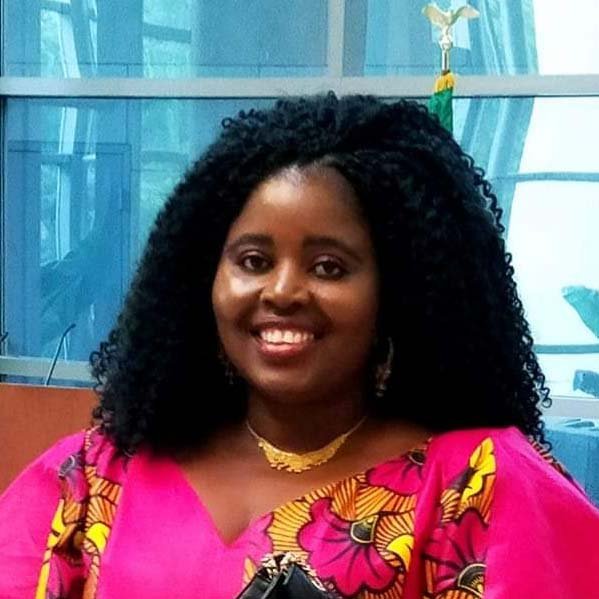
Fatmata Dao
Member
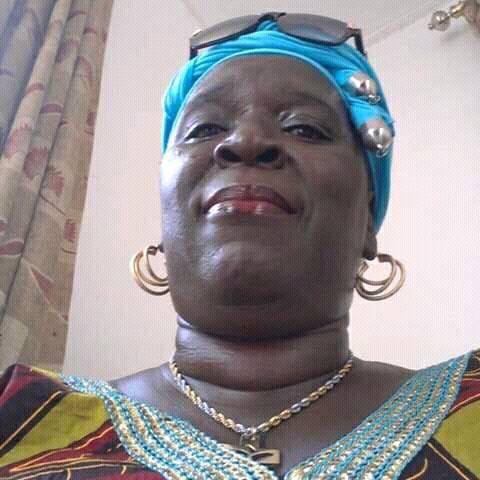
Mariama Coker
Member

Kaday Olufunmilola
Kamara
Member
Our Team
We have a dynamic highly experienced team handling day to day operations

Yeama Sarah
Thompson
Founder
Chief Executive Officer
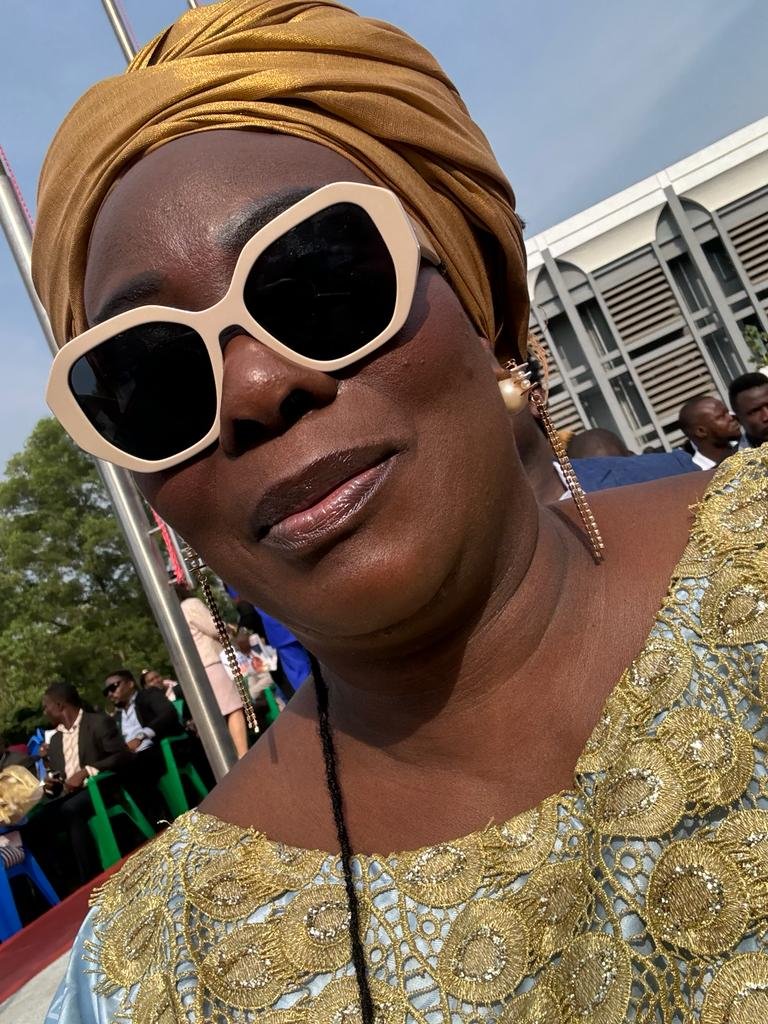
Barlu Dumbuya
Director of Projects
Gender Media Specialist

Mercy Ijeoma
Oguama
Director of
External Relations
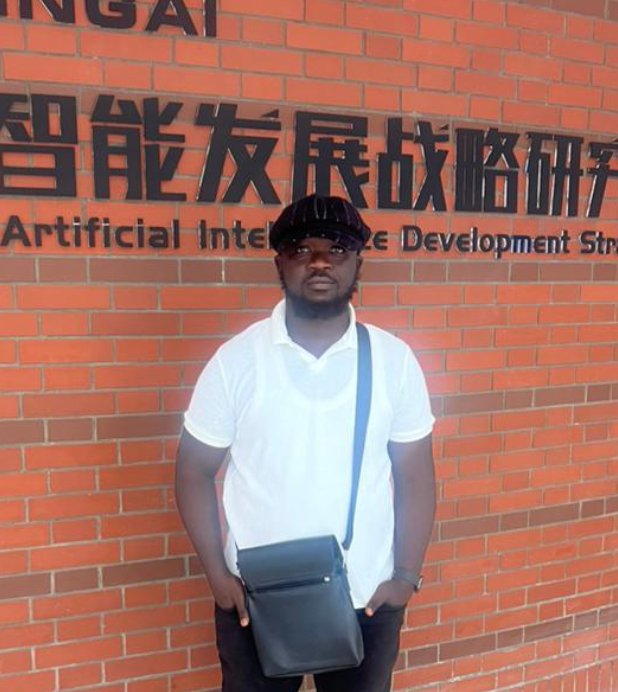
Tommy Thompson
Director of
Technology and Innovations

Marian K. Bangura
Finance Manager

Edith Finda
Brima
Finance Specialist

Dr. Frank E. Baiden
Health Programs
Advisor
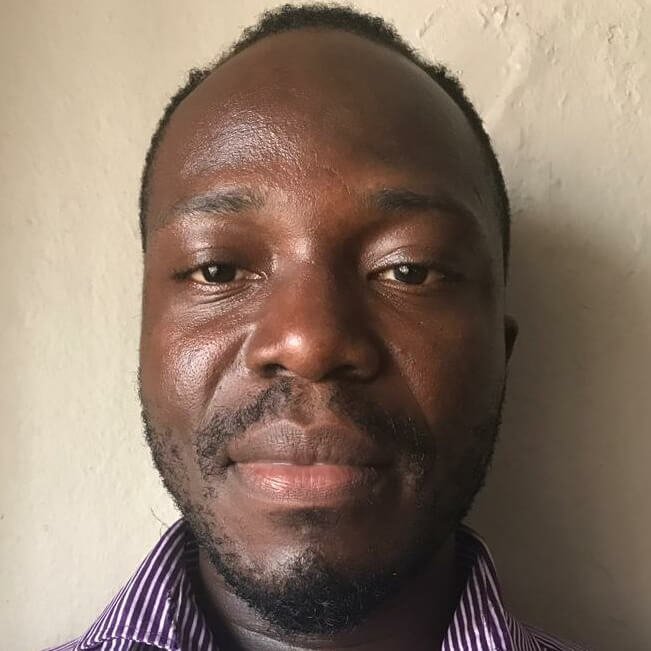
Tamba Tengbeh
Media Information
Literacy Specialist

Emeric Roy-Coker
Media Trainer

Nanah Kargbo
Radio Listener’s Clubs and
Data Analyst

Isatu Kpukumu
Media Visibility
Portfolio Coordinator

Jeremiah Ibrahim
Gbenga
ICT Officer

Ibrahim Stevens
Personal Assistant to the
Chief Executive Officer
